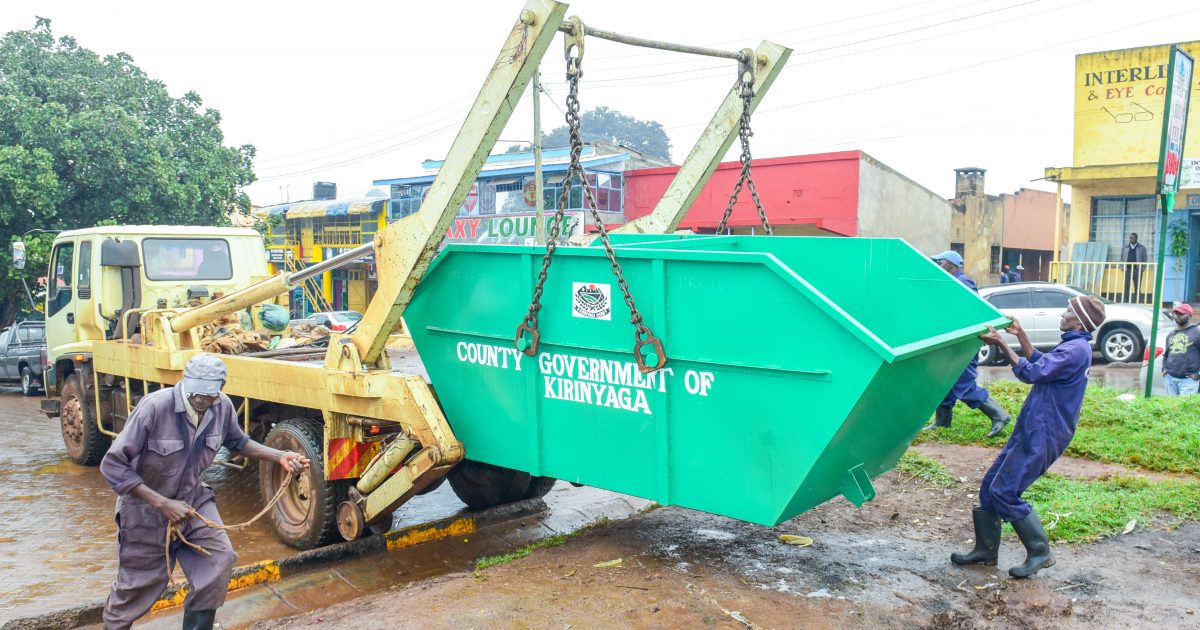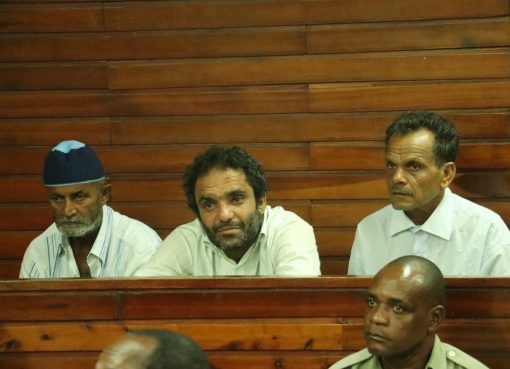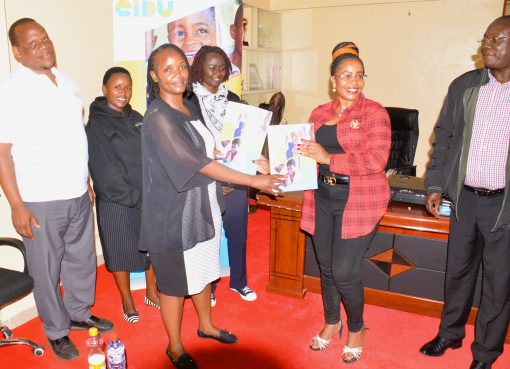The Kirinyaga county government has adopted a new and more responsible waste management practice that seeks to mitigate against escalating climate change.
The county wants to reduce production of greenhouse gases by decreasing the amount of waste being taken to the landfills.
Governor Anne Waiguru says the County Government has introduced a new waste management system, where waste bins are marked ‘Organic and Non-organic to help in the separation of the waste from the market.
By using separate bins, Waiguru said the organic waste like cabbages and tomatoes among others, will be collected by pig farmers under the Wezesha Empowerment Program to feed their animals, while other waste like plastics and paper bags are to be put in the non-organic bins for recycling.
By adopting responsible waste management practices, such as increased recycling and reduced landfill dependence, the county hopes to minimize methane emissions and curb their impact on global warming. Landfills, often regarded as the end destination for urban waste, contribute significantly to climate change as the waste decomposes anaerobically, producing gases that raise global warming.
“We have placed marked waste bins with the aim of separating waste from the market. The bins that are marked organic will be used for dumping the organic waste which will then be collected by our farmers to feed their animals,” she said.
The rising population, expansion of towns, increased number of businesses mainly being driven by a vibrant agriculture economy, has resulted into increased residential and commercial waste in urban centres that requires a proper disposal system.
Waiguru further said her administration had also put in place the necessary legal and policy framework to enable the implementation of climate change and environmental interventions.
The County Executive for Environment, Energy, Climate Change, Natural Resource, Water and Irrigation James Mutugi, emphasized on the importance of a well-managed garbage system in reducing risks and hazards, thereby improving the health and well-being of residents.
“A well-managed garbage system reduces so many risks and hazards that actually improves the health and well-being of the people. If we allow garbage to flow or garbage effluents to flow into the river, we end up having poison draining into the river that harms people and creatures living in water,” he said.
“We are encouraging people first to select the type of wastes because waste selection is very important. It guides into what garbage gets where, which can be recycled or reused and which ones can be disposed of,” added Mutugi.
Some of the major towns that have gotten additional garbage skips include Kerugoya, Kutus, Kagio, Sagana and Wang’uru among others.
Traders in the towns say the initiative will help keep the urban centres clean, thus improving the business environment.
Christine Muthoni, a trader at Kerugoya town said that over the last five years, the town has become cleaner and with the placement of more garbage skips, members of the public have no reason to litter the streets.
“We had been plagued by a garbage problem for decades, traders used to dump waste by the roadsides and waterways, market vendors lacked a proper waste management mechanism. With the introduction of the garbage skips, illegal dumpsites have become a thing of the past,” said Muthoni.
Meanwhile, the county has acquired 44 skips and placed them in urban centers to help in collection of garbage.
By Mutai Kipngetich





